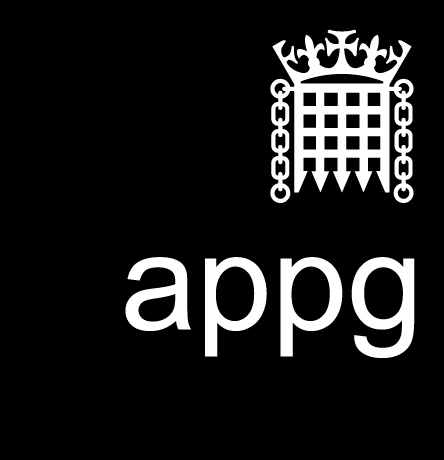This evening our Co-Chairs have written to the Prime Minister expressing our concerns around the Government’s current course of action on gender recognition. You can read the letter in full below.
Dear Prime Minister,
We write to you as the Co-Chairs of the All-Party Parliamentary Group on Global LGBT+ Rights to express our concerns around the Government’s current course of action regarding gender recognition.
We write following the announcement by the Secretary of State for Scotland, Alister Jack MP, that the UK Government has made an order under Section 35 of the Scotland Act 1998 to prevent the Scottish Parliament’s Gender Recognition Reform (Scotland) Bill proceeding to Royal Assent. This is the first time this order has been issued in the history of devolution, considered an option of the last resort. This move, although one we appreciate has not been taken lightly, will bring with it significant ramifications of a social, legal and political nature. We are deeply concerned that the Government’s course of action risks further politicising the very real struggles of the trans community and placing their identities and lives at the centre of a constitutional crisis.
Trans people are amongst the most marginalised and stigmatised in the UK today and face significant barriers to equality across many areas of life. Hate crimes against trans people increased by 56% over the last year - the highest increase across any protected characteristic under hate crime law (Home Office, 2022). They are twice as likely as non-trans LGBT+ people to undergo conversion practices (National LGBT Survey, 2018) and significantly more likely to take their own life (Women and Equalities Select Committee, 2016).
On 9th January 2023, the Minister for Women and Equalities, Kemi Badenoch MP, made a Written Ministerial Statement to Parliament regarding the Gender Recognition Act 2004 consultation, notifying the House of the Government’s decision to review the list of approved countries and territories listed in Section 1(1)(b) of the Act, which allow for trans people with Gender Recognition Certificates (or international equivalents) from abroad to apply via a simpler fast-track route to obtain a UK GRC. We understand that it is likely that this will involve the removal of countries from this list that adopt a ‘self-identification’ model, including countries in Europe and indeed across the world that we have close cultural ties and trading relationships with. This includes Belgium, Denmark, Iceland, Luxembourg, Malta, New Zealand, Norway, Switzerland and Uruguay; as well as territories within Australia, Canada and the United States of America. Given both Spain and Germany are in the passing Bills that adopt a similar model, it is likely they will also fall under this category. We are concerned about the uncertain position this places trans migrants living in the UK, and indeed the impact this decision may have on our bilateral and multilateral relationships.
The United Kingdom was once a global leader in LGBT+ rights, paving the way for the protection and advancement of LGBT+ communities. Significant milestones in our history include decriminalising same sex relationships, lifting the ban on LGBT+ people serving in the armed forces, equalising the age of consent, equal marriage and statutory LGBT-inclusive relationships and sex education. However, the course of action being taken by Government will not only serve to further damage our reputation at an international level, but leave a legacy of broken trust with LGBT+ communities that may be increasingly difficult to rebuild.
Crucially, we must remember that there are real people being impacted by these ongoing discussions at an inter-personal, parliamentary and national level: trans people across the UK who simply want to be their authentic selves free from abuse, harassment or stigmatisation.
We hope you will meet with us in the coming weeks to discuss these issues as a matter of urgency.
Thank you very much.
Yours sincerely,
Dame Angela Eagle MP (Co-Chair)
Elliot Colburn MP (Co-Chair)
